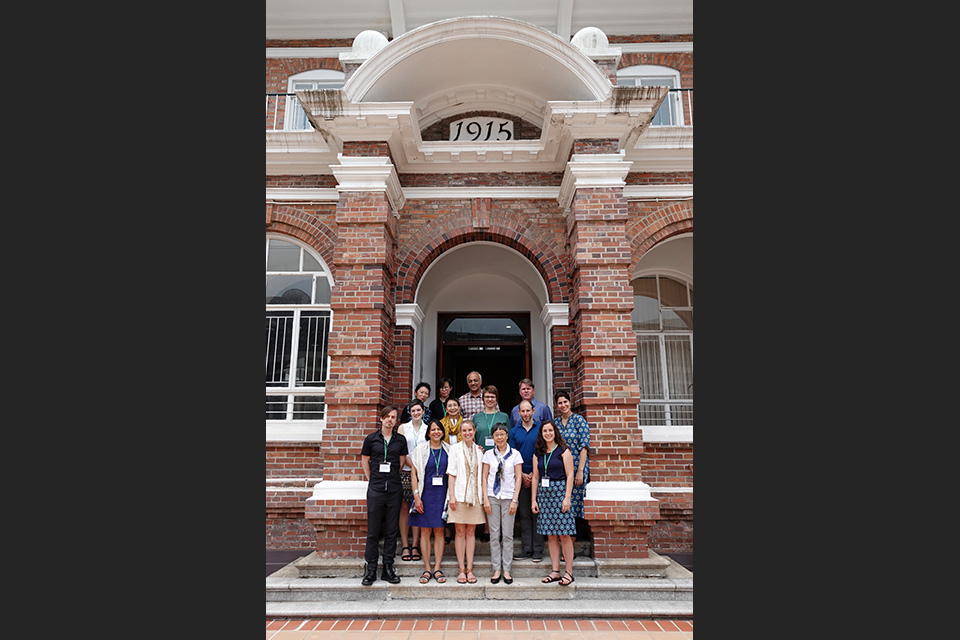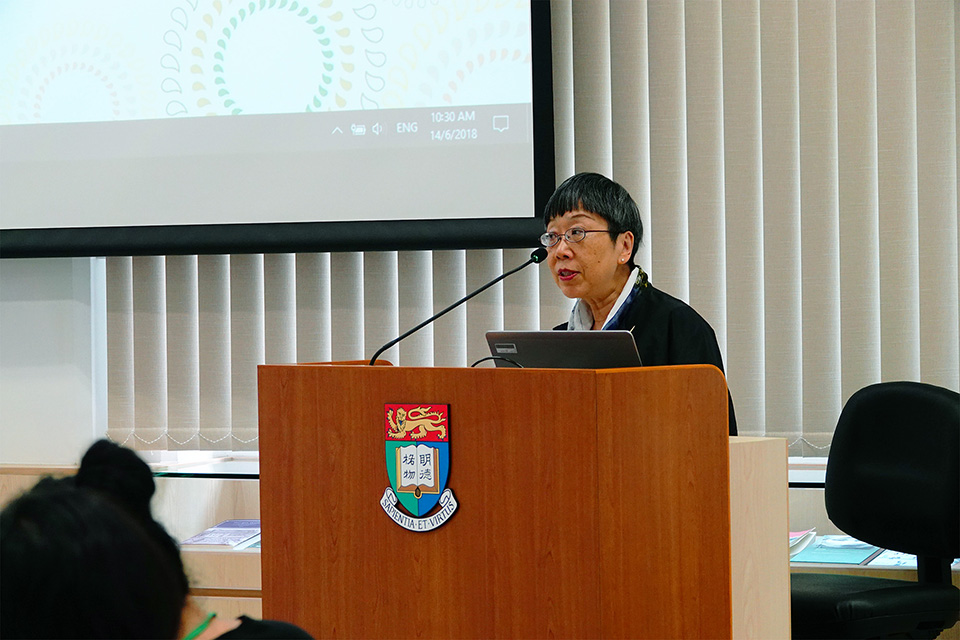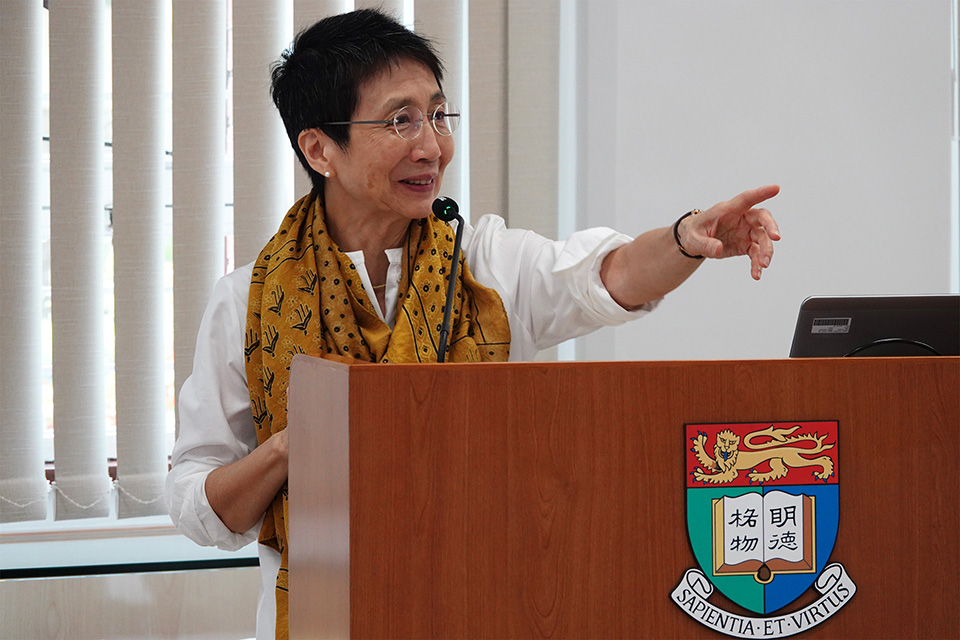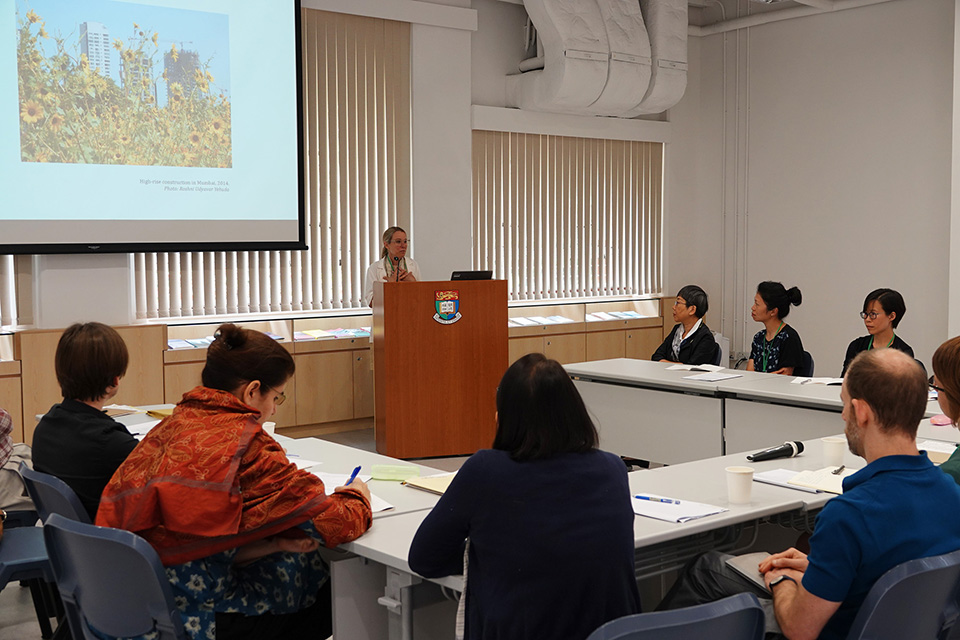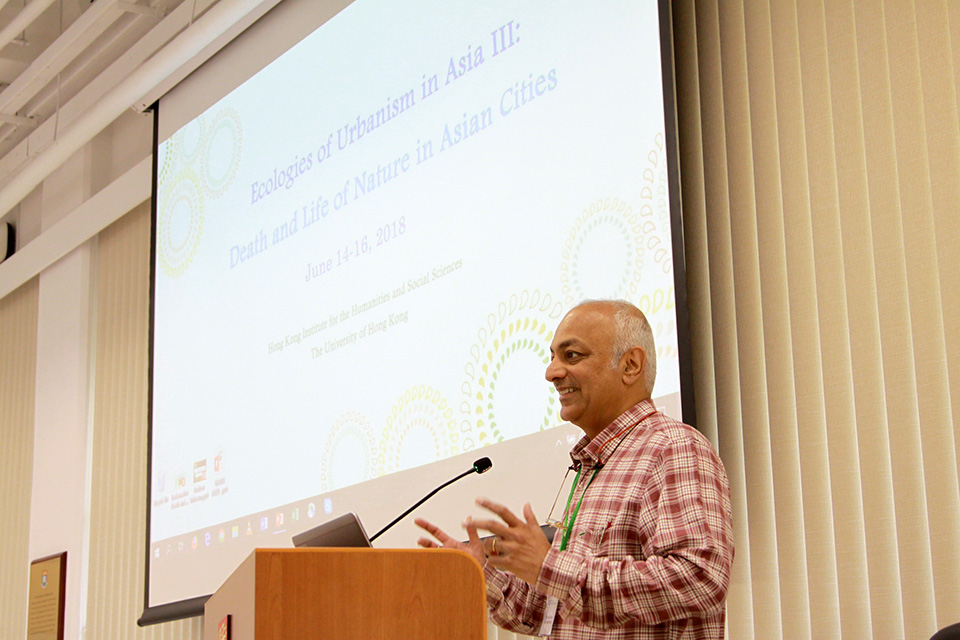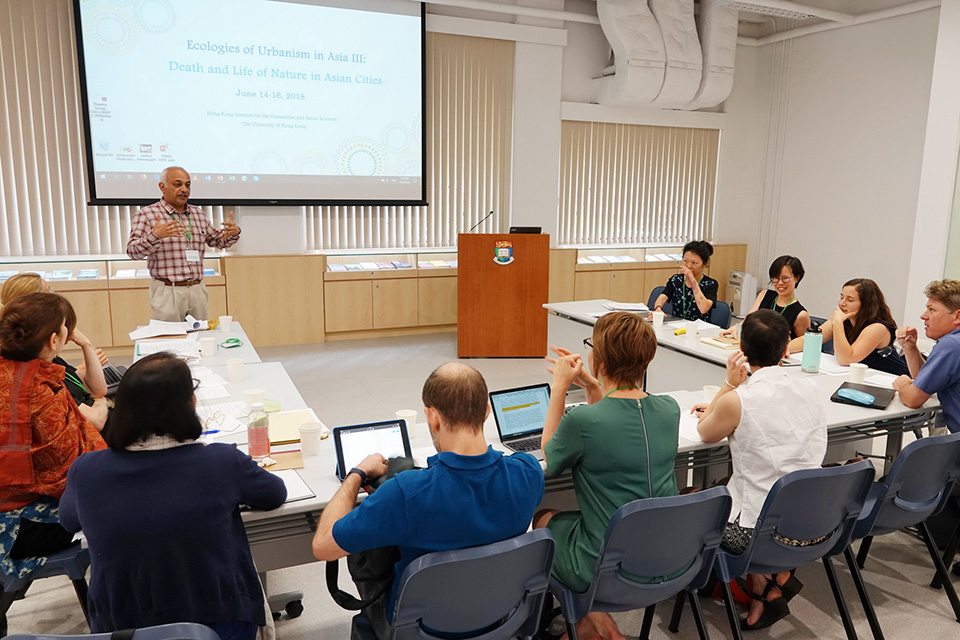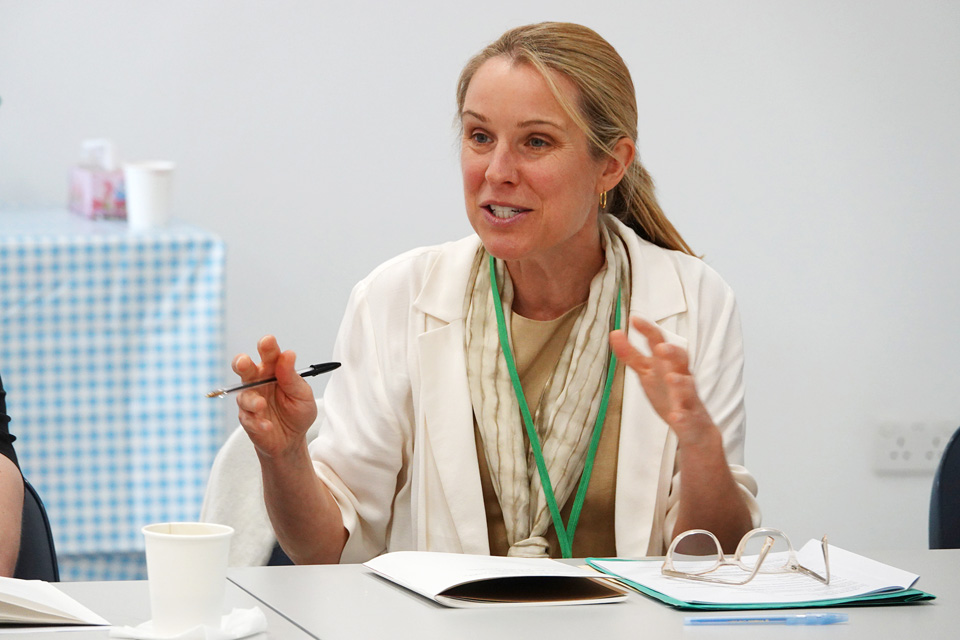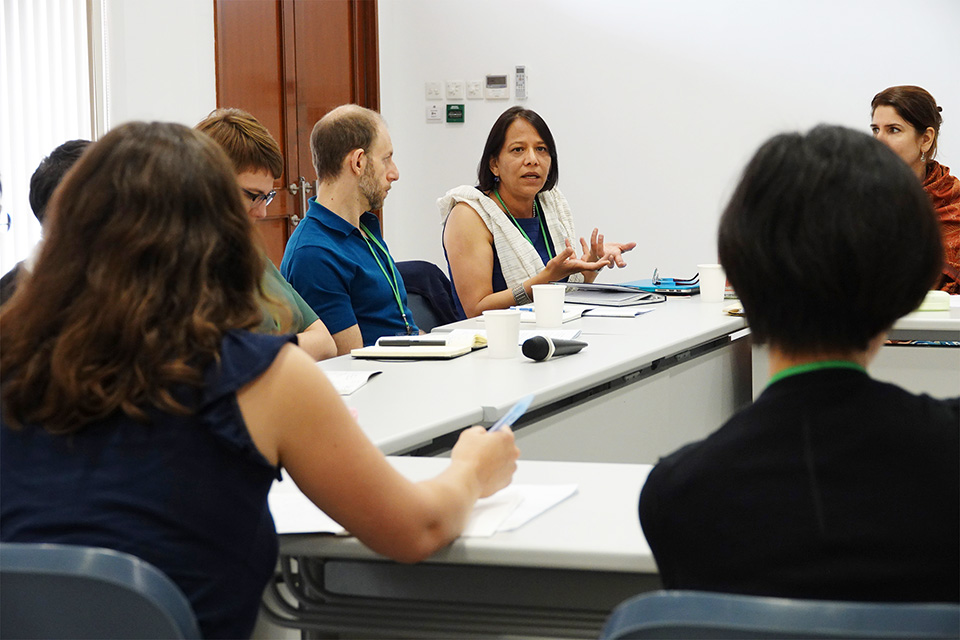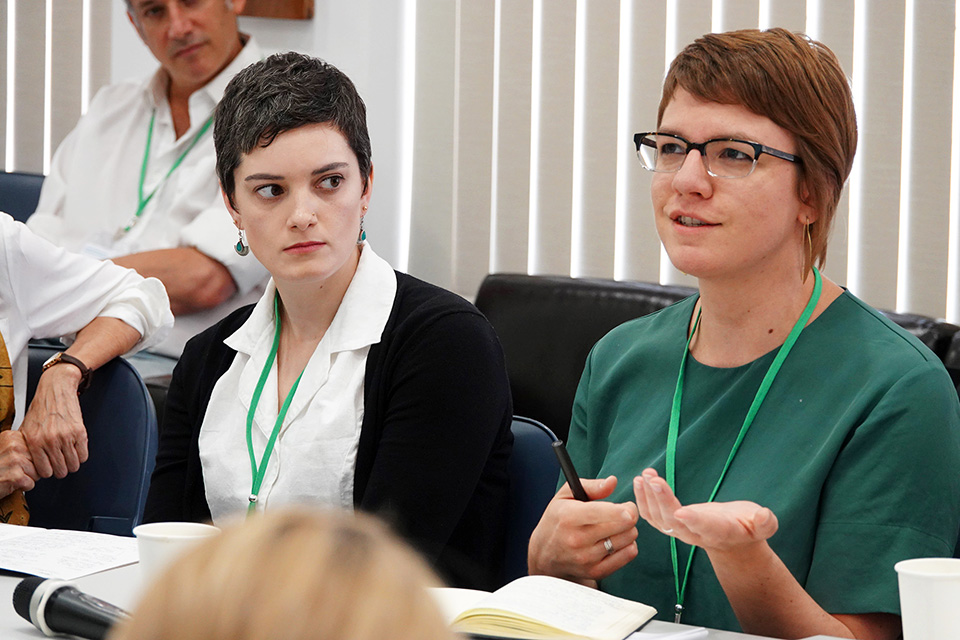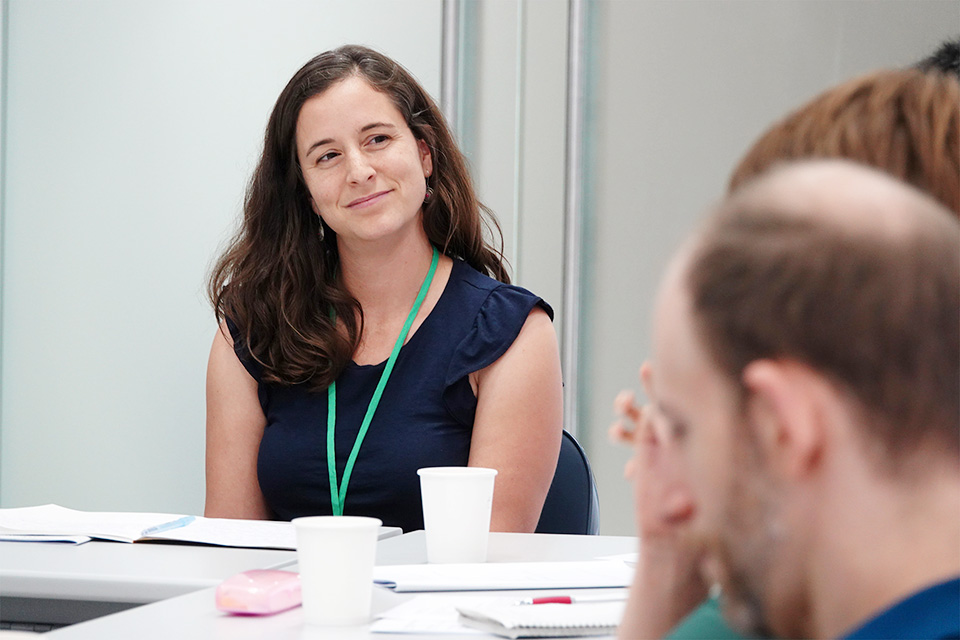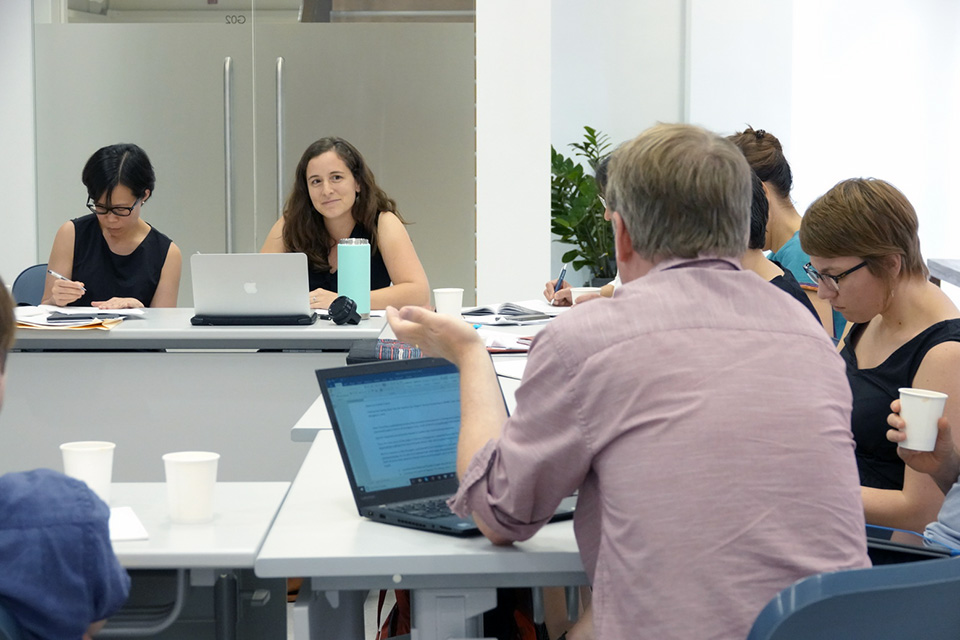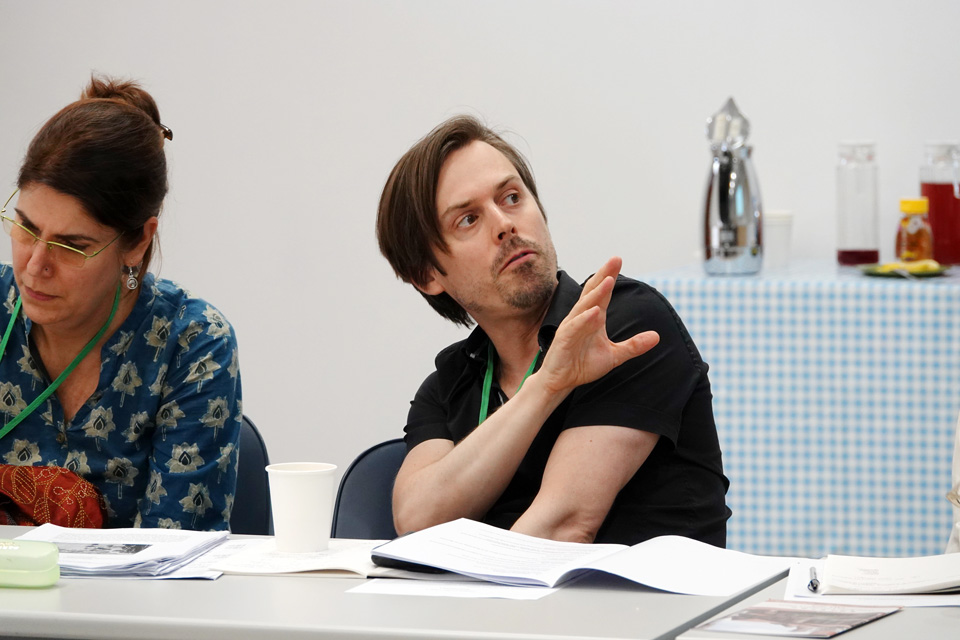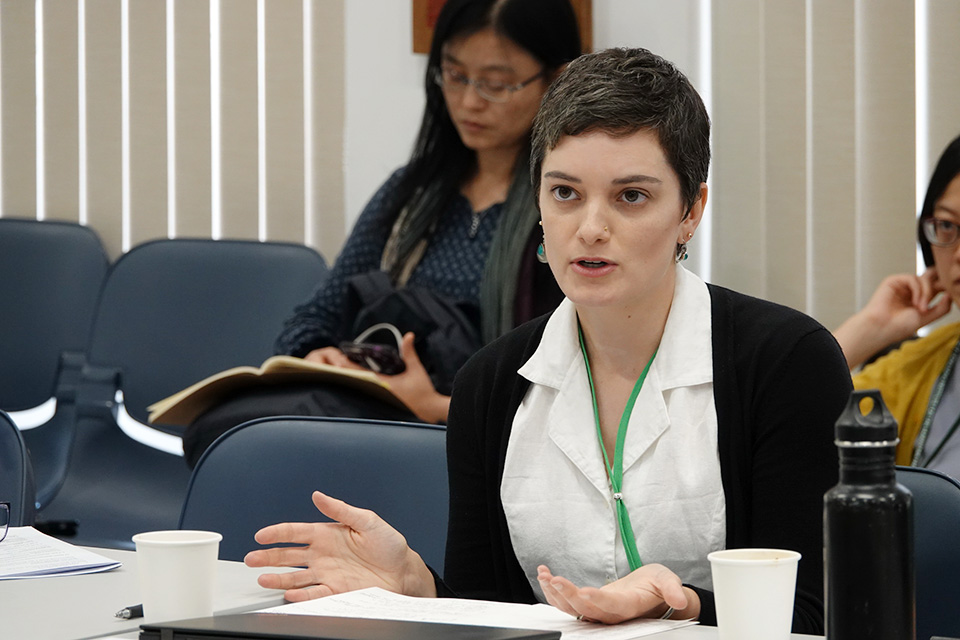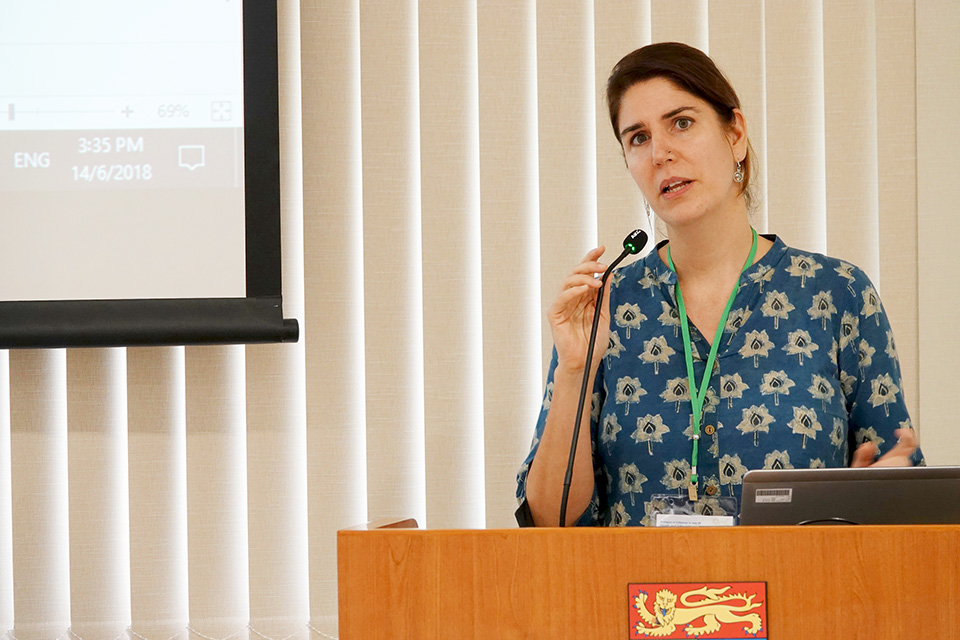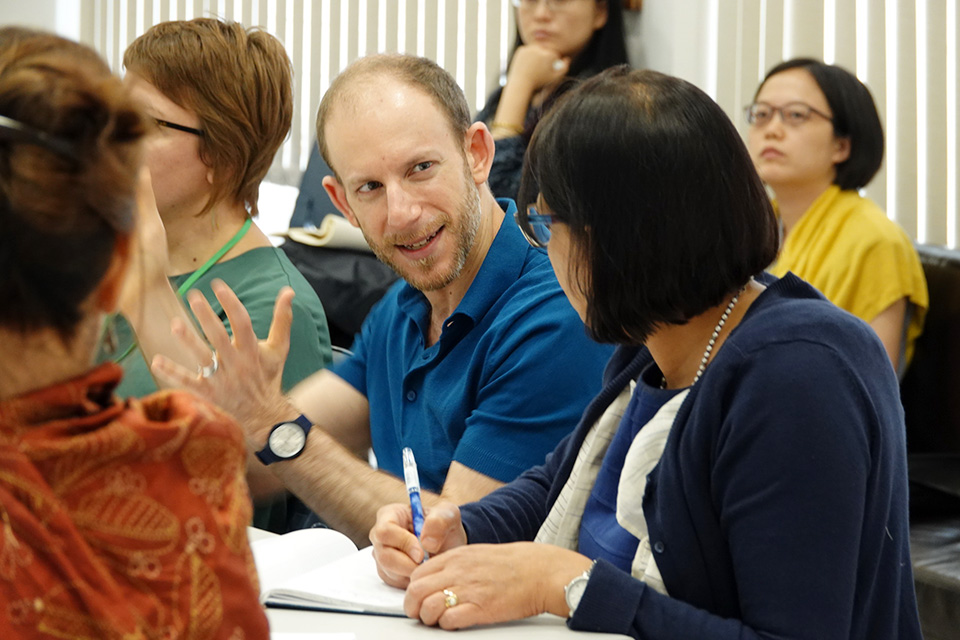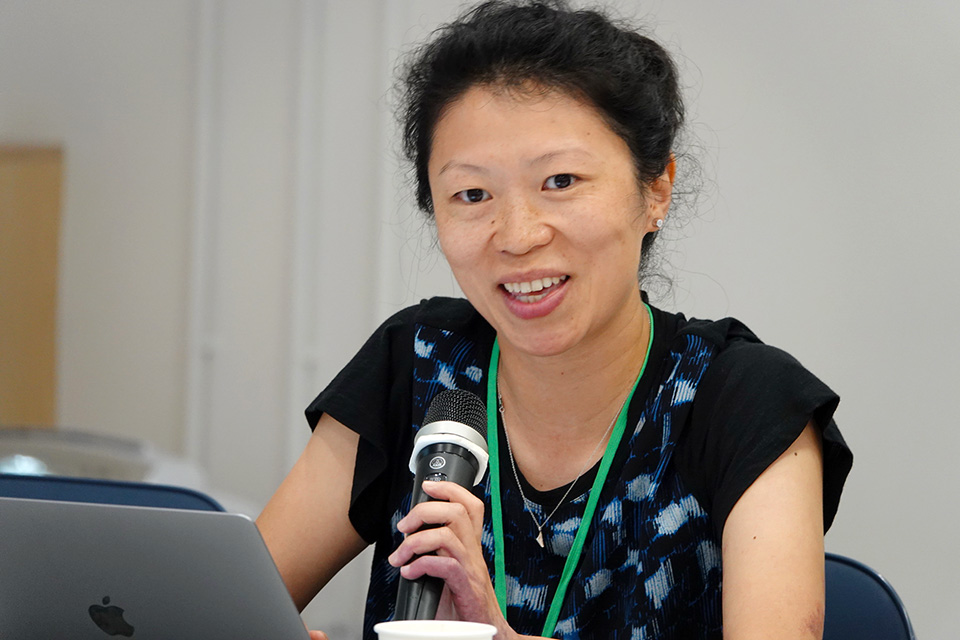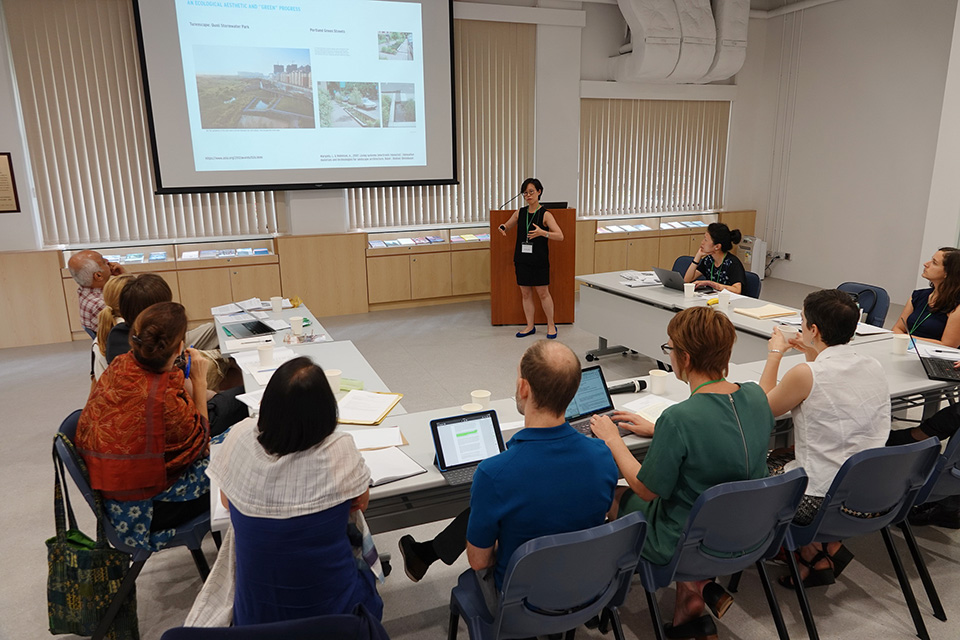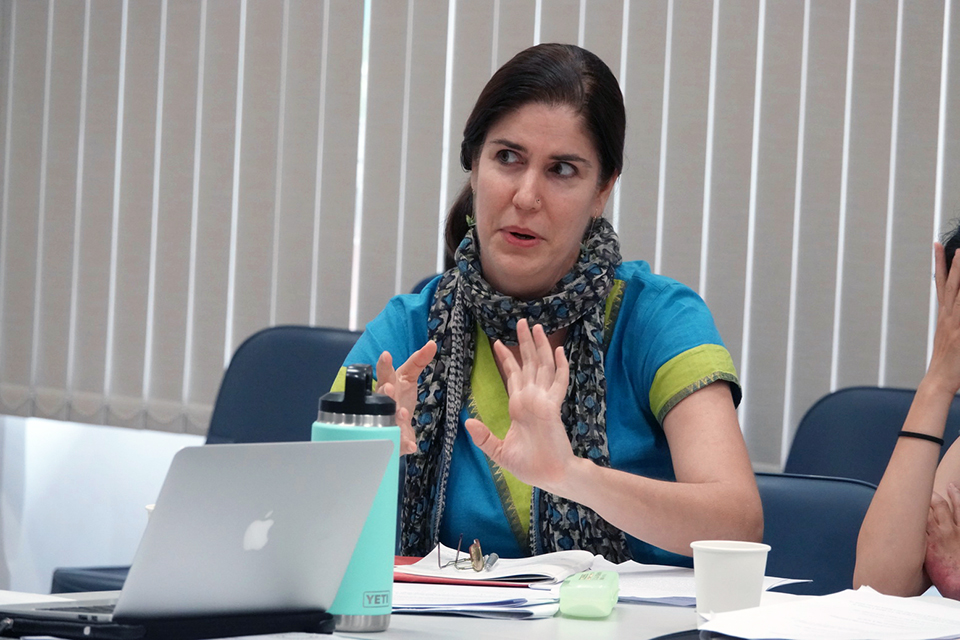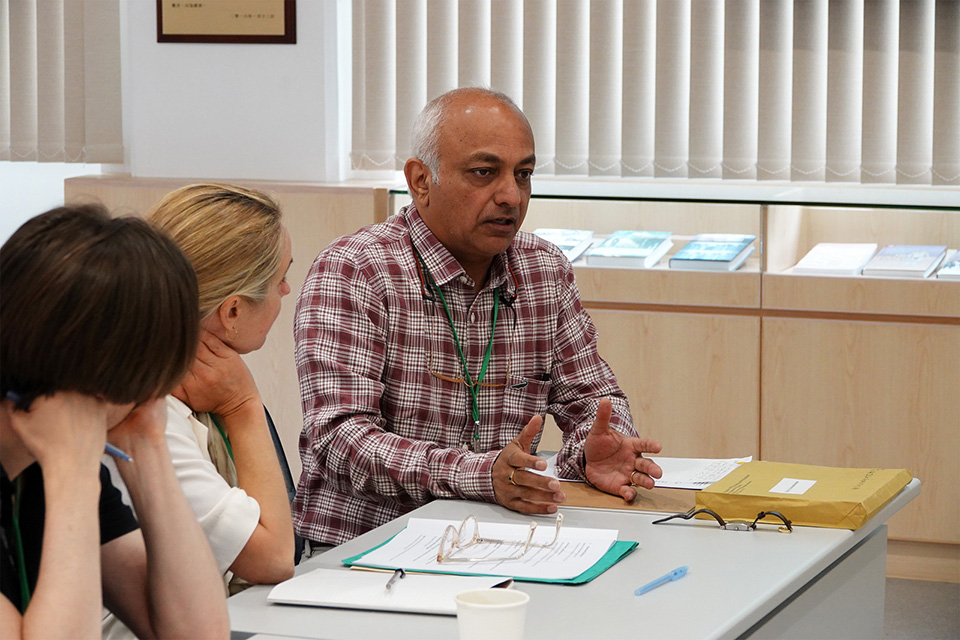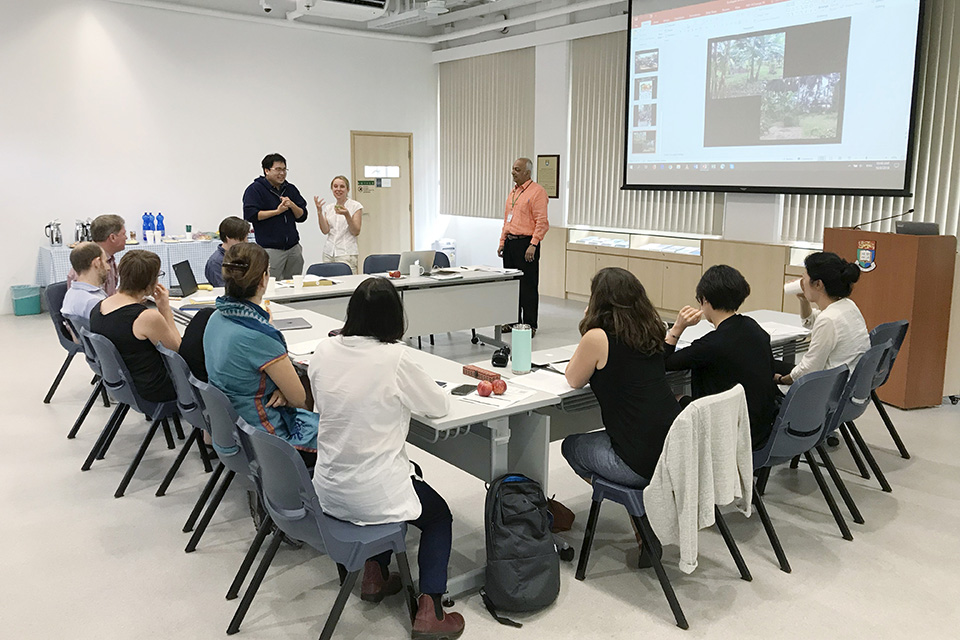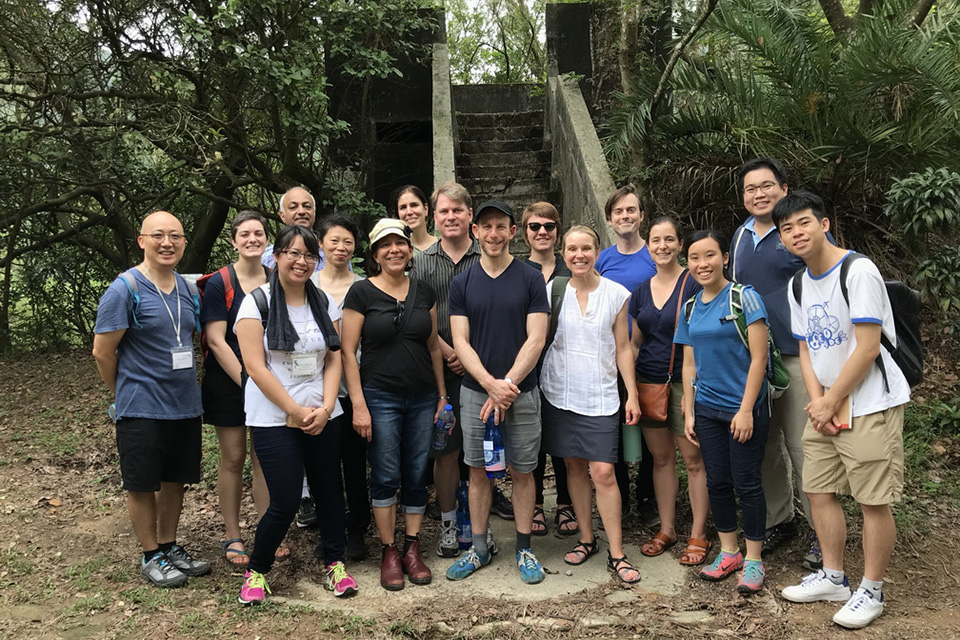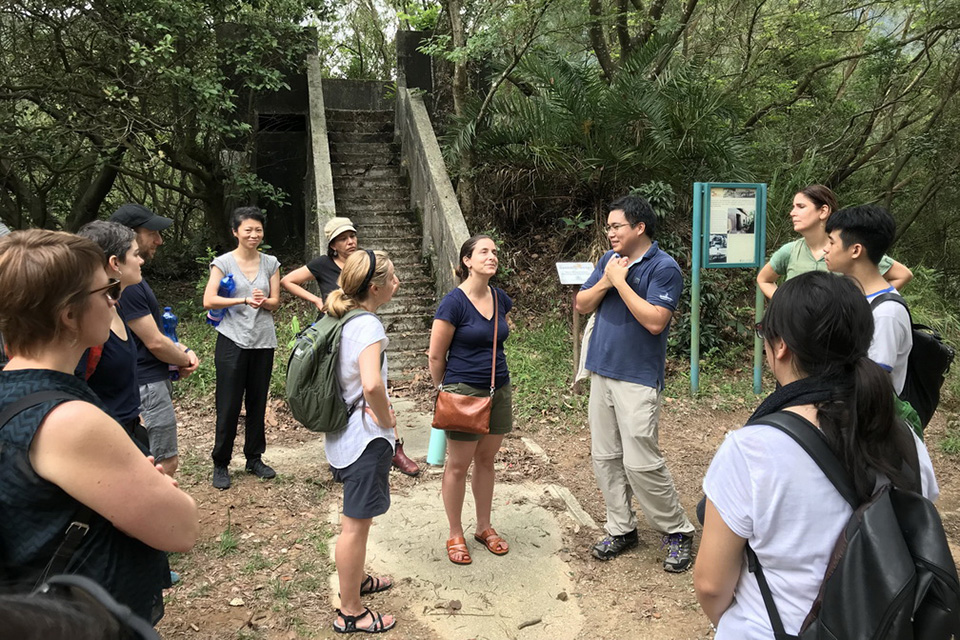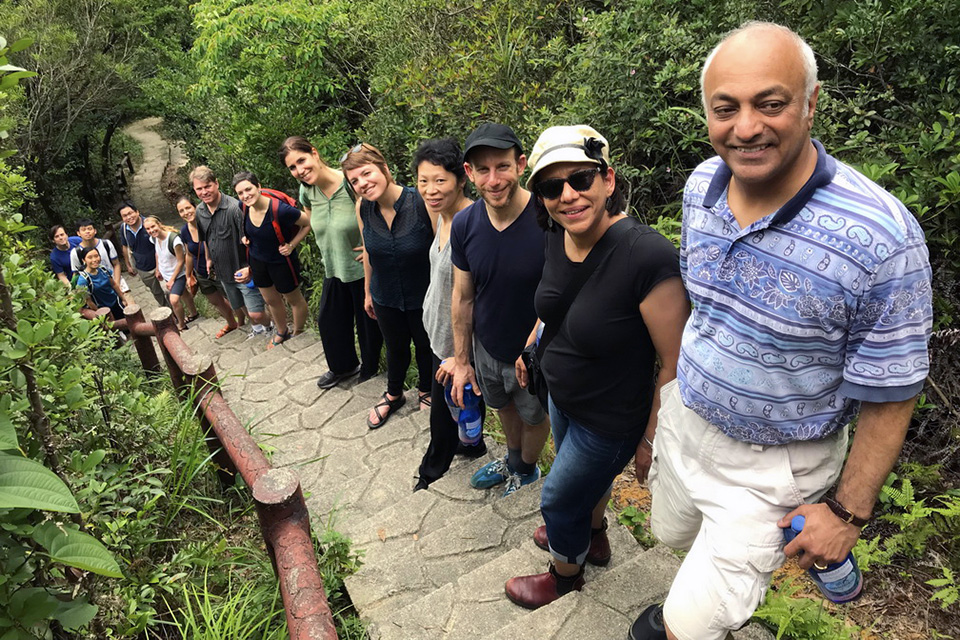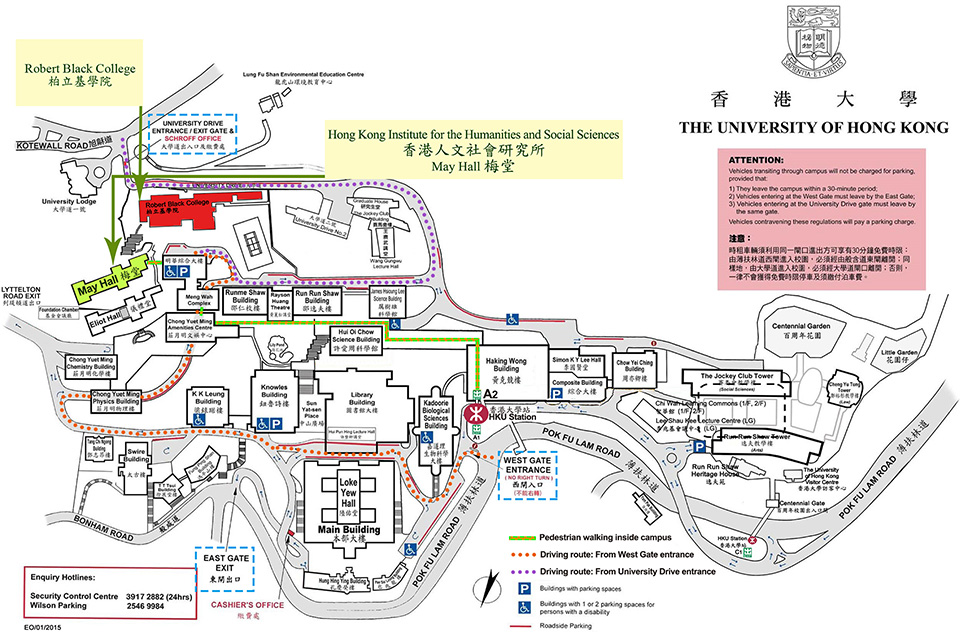Introduction
Participants in the workshop, The Death and Life of Nature in Asian Cities, will draw from case studies across urban Asia to explore the biophysical and cultural processes that shape ideas about, and responses to, the death and life of nature. In urban studies, the growth of cities is often narrated as a story of planning and disruption, the displacement of non-human life, or the depletion of human and natural resources to concentrate industry, commerce, and government. Yet the social experience of Asian cities is also marked by transforming ideas, practices, and experiences of nature; these ideas can be more fully understood through specific attention to notions of death and life. Workshop participants will address, for example, how ideas of nature frame logics of social inclusion and exclusion, and the practices of care and access to the social systems that sustain human life. Others will consider the combinations of nonhuman nature that are regarded as essential to idealized forms of urban nature, and which are deemed disposable. The workshop is grounded in the contention that ideas and agendas which galvanize around nature mediate our understanding of precisely what, and who, is entitled to live and thrive in the city, and what is committed to social or species death.
Program
June 14, Thursday / Day One
[Venue: Multi-purpose room, G/F, May Hall]
10:30 am |
Opening Session |
12:00 noon |
Welcome Lunch |
1:00 pm – 3:00 pm |
Session One: Planning and Unruly Nature Dorothy Tang — Planning Sponge Cities: Chinese Ecological Imaginaries and Local Improvisations Shubhra Gururani — Life and Death of Ghata Jheel: Arid Hydrology of an Agrarian-Urban Frontier |
3:00 pm – 3:30 pm |
Tea Break |
3:30 pm – 5:30 pm |
Session Two: Nature in the Built Environment Annu Jalais — The Singapore “Garden City” – Youthful Reflections on Death and Life of Nature and Nonhumans in the Epoch of the Anthropocene Erik Harms — Concrete Ecology: Covering and Discovering the Southern Ecosystem in and around Saigon |
7:00 pm |
Formal Welcome Dinner |
June 15, Friday / Day Two
10:00 am |
Set off for Lung Fu Shan Education Centre from RBC |
10:30 am |
Morning Field Excursion — Nature in the City — Lung Fu Shan |
1:30 pm |
Return to RBC for Simple Lunch |
2:30 pm – 4:30 pm |
Session Three: Nature and Urban Danger Andrew Johnson — Divine Excess: the power of accidents and nature spirits in Bangkok Amy Zhang — Spectacular Technology, Invisible Harms: Touring Guangzhou’s Waste Facilities |
4:30 pm |
Tea Break |
5:00 pm – 7:00 pm |
Session Four: Nature of Distress in the City Kasia Paprocki — The Climate Change of Your Desires: Imagining Urban Climate Futures and the Death of the Village Harris Solomon — Death Traps: Holes in Urban India |
June 16, Saturday / Day Three
[Venue: Multi-purpose room, G/F, May Hall]
8:30 am – 10:30 am |
Session Five: Nature and Food in the City Caroline Merrifield — Keeping Pace with the Foodshed in Hangzhou Camille Frazier — Putting the Garden Back into the Garden City: Organic Terrace Gardening as Middle Class Intervention in Bangalore, India |
10:30 am – 11:00 am |
Tea Break |
11:00 am – 12:00 noon |
Closing Session: Group Discussion |
12:00 noon – 12:30 pm |
Light Lunch |
12:30 pm |
Set off for Sai Kung Pier |
1:45 pm |
Afternoon Field Excursion — Nature in the City — UNESCO Global Geopark |
Participants
Camille Frazier
Department of Anthropology, University of California, Los Angeles
Shubhra Gururani
Department of Anthropology, York University
Erik Harms
Department of Anthropology, Yale University
Annu Jalais
South Asian Studies Program, University of Singapore
Andrew Johnson
Department of Anthropology, Princeton University
Angela Ki Che Leung
Hong Kong Institute for the Humanities and Social Sciences, The University of Hong Kong
Caroline Merrifield
Department of Anthropology, Yale University
Kasia Paprocki
Department of Geography and Environment, London School of Economics & Political Science
Anne Rademacher
Department of Environmental Studies & Anthropology, New York University
K. Sivaramakrishnan
Department of Anthropology, Yale University
Harris Solomon
Global Health Institute, Duke University
Helen F. Siu
Department of Anthropology, Yale University & Hong Kong Institute for the Humanities and Social Sciences, The University of Hong Kong
Dorothy Tang
Department of Urban Studies and Planning, Massachusetts Institute of Technology
Division of Landscape Architecture, Faculty of Architecture, The University of Hong Kong
Amy Zhang
Department of Anthropology, New York University
Info for Participants
Conference Venue
Address: Multi-Purpose Room, G/F, May Hall, The University of Hong Kong
Lunch will be served at Room 201, May Hall during the conference.
Accommodation
Address: Robert Black College, University Drive, The University of Hong Kong
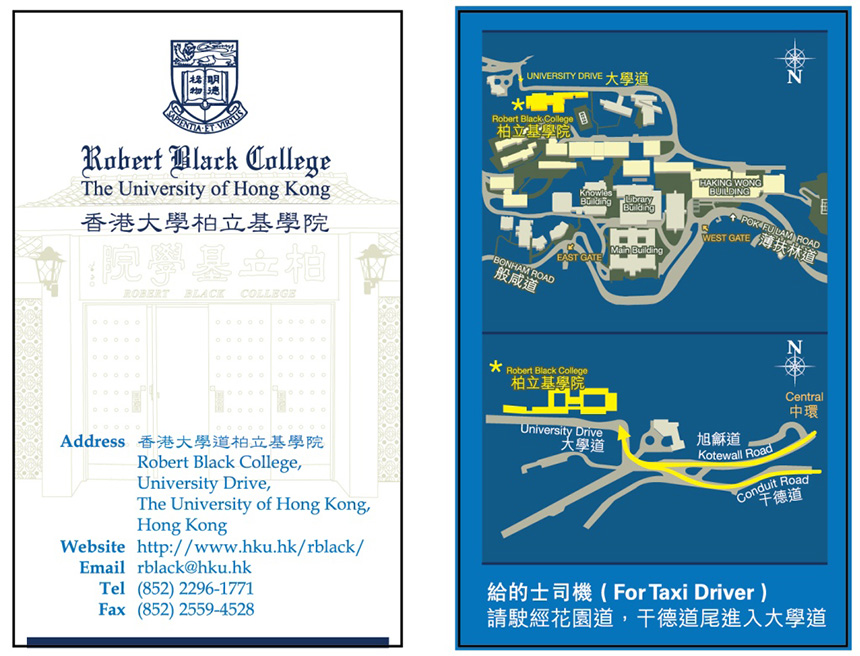
Website: http://www.hku.hk/rblack/
Telephone:
(852) 2296-1771 (Front Desk)
(852) 9031-6863 (Duty Manager; during non-office hours only)
Office Hours:
Monday – Friday: 9:00 am – 5:30 pm
Saturday: 9:00 am – 12:30 pm
Late Check-in: Details
From MTR HKU Station to May Hall
Electricity and Voltage / IT Equipment
The standard electrical voltage in Hong Kong is 220 volts AC, 50Hz and most of the electrical outlets take a three-pronged UK-style plug. All rooms at the Robert Black College are fitted with internet ports and cables, but you will need an adaptor if you are not using an appliance or equipment with the same socket.
Please bring along a mini-Display Port to VGA Adapter or mini-Display Port to HDMI Adapter if you are using your own MacBook for your presentation.
Contact Us
Telephone: (852) 3917-5901
Email: ihss@hku.hk
Photo Highlights
